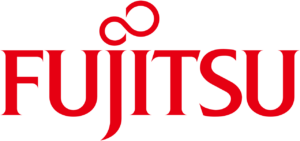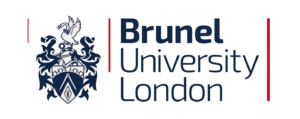GCSE PHYSICS
What does this qualification cover?
Physics is the natural science that studies matter, its fundamental constituents, its motion and behaviour through space and time, and the related entities of energy and force. Physics is one of the most fundamental scientific disciplines, and its main goal is to understand how the universe behaves. At UTC Heathrow, we recognise that having a firm grasp on the basics of our universe is essential for our students to go out into the world as the engineers and scientists of tomorrow. This qualification equips our students with the most foundational tools for deconstructing our world around us, via the beauty and elegance of mathematical frameworks. It also challenges our students to ask the deepest, most significant questions: why is our universe the way it is, and what is the language of the cosmos?
What’s included?
The topics taught on this course are:
- Energy
- Electricity
- Particle model of matter
- Atomic structure
- Forces
- Waves
- Magnetism and electromagnetism
- Space physics
At the end of year 11, our students sit 2 papers in Physics, each one worth 100 marks and 105 mins long. Students will receive one separate Science GCSE grade for Physics.
Key Features
- At least 10 practical experiments over the two year course, allowing for plenty of opportunities to learn about energy transformations, electrical principles, radioactivity, wave and particle behaviour and much more.
- Comprehensive schemes of work and pedagogy, as well as access to past papers, mark schemes, examiner reports, specimen papers and a vast array of resources developed by our experienced teaching staff
- Differentiated learning materials tailored to every student’s needs
- State-of-the-art laboratories for testing various scientific principles, techniques or experiments, including circuitry and electrical systems, heat flow from materials, Newton’s laws, electromagnetism and more
Links to workplace
Employers recruiting graduates for biology-related jobs include:
- Universities and clinical research organisations
- Pharmaceutical and biotechnology companies
- Private hospitals and NHS trusts
- National and global health, conservation and environmental charities
- Scientific and technical consultancies
- Schools and colleges
- Outreach organisations, such as museums, science centres and broadcast companies.
Many biology graduates pursue opportunities outside the science, education and health sectors in industries such as business, finance, the civil service, marketing and sales.
APPLY FOR
Year 10
APPLY FOR
Year 12















